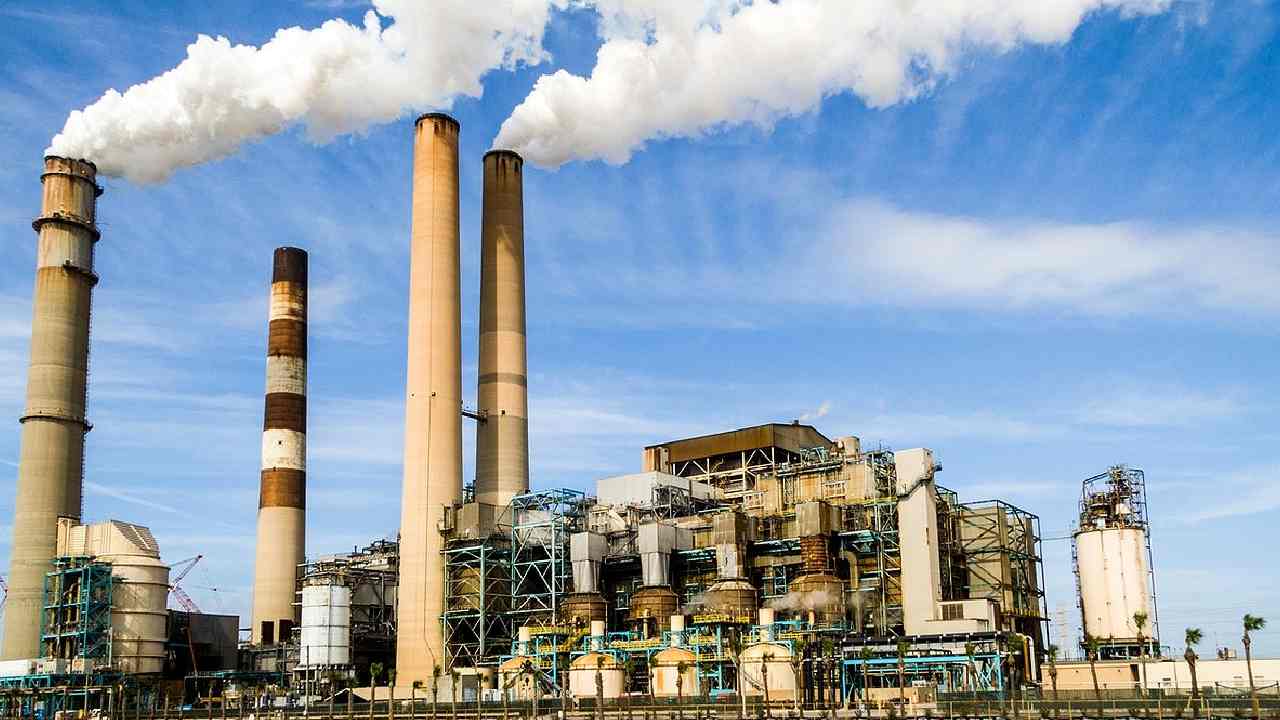The world must cut emissions by 45% to avoid global catastrophe. Solutions to transform societies exist, but the time for collective, multilateral action is now, United Nations Secretary-General António Guterres has warned.
In his remarks on the United Nations Environment Programme’s (UNEP) Emissions Gap Report 2022: The Closing Window, released yesterday, Guterres said, Loss and damage from the climate emergency is getting worse by the day. And global and national climate commitments are falling pitifully short.
The Emissions Gap Report 2022 finds that the world must cut emissions by 45 per cent to avoid global catastrophe. Solutions to transform societies exist, but the time for collective, multilateral action is now. The window to take urgent climate action is closing rapidly. Unless countries dramatically scale up their efforts to counter the climate crisis, the world faces a global catastrophe, Guterres warned.
The report shows that under current Nationally Determined Contributions (NDCs), the world is headed for 2.8 degrees of global heating by the end of the century. Simply put, an NDC is a climate action plan to cut emissions and adapt to climate impacts. Each party to the Paris Agreement is required to establish an NDC and update it every five years. Despite a call for strengthened NDCs for 2030, UNEP’s report finds that progress since COP26 in Glasgow last year has been inadequate.
“The recommendations in today’s report are clear,” said Guterres. “End our reliance on fossil fuels. Avoid a lock-in of new fossil fuel infrastructure. Invest massively in renewables. Commitments to net zero are worth zero without the plans, policies and actions to back it up. Our world cannot afford any more greenwashing, fake movers or late movers,” he added. “We must close the emissions gap before climate catastrophe closes in on us all.”
Guterres’ comments come less than two weeks before the UN Climate Change Conference (COP27), where global leaders will discuss ways to tackle the climate emergency – from building resilience and adapting to its impacts to financing climate action.
According to UNEP, at the upcoming UN Climate Change Conference (COP27), the focus will be on adaptation, finance and a just transition to a low-carbon future. You can do your part by acting now to reduce your own consumption and speaking up to voice your concerns about the planet’s future.
Under current policies, the world is headed for 2.8°C of global heating by the end of the century. In other words, we are headed for a global catastrophe, Guterres said adding that the emissions gap is a by-product of a commitments gap, a promises gap, an action gap and that gap must be filled — starting with the twenty-seventh Conference of the Parties (COP27) in Egypt.
G20 countries spew 80 per cent of global emissions. Developed countries must lead in boosting their national climate plans. “I recognize the principle of common but differentiated responsibilities in the light of national circumstances. But emerging economies must also do more if we are to have a fighting chance of keeping 1.5 alive. They need financial and technical support to do so.”
Just Transition Energy Partnerships are poised to help heavily coal-dependent emerging economies speed their shift to renewables. These partnerships are moving ahead in India, Indonesia, South Africa and Viet Nam. These coalitions of support must be expanded to even more countries, Guterres said.
The recommendations in today’s report are clear. End our reliance on fossil fuels. Avoid a lock-in of new fossil fuel infrastructure. Invest massively in renewables, he said.The report points out that as growing climate change impacts are experienced across the globe, the message that greenhouse gas emissions must fall was unambiguous.
The Emissions Gap Report says that the international community was falling far short of the Paris goals, with no credible pathway to 1.5°C in place. Only an urgent system-wide transformation can avoid climate disaster. The report is the 13th edition in an annual series that provides an overview of the difference between where greenhouse emissions are predicted to be in 2030 and where they should be to avert the worst impacts of climate change.
The window is closing. The world is not on track to reach the Paris Agreement goals and global temperatures can reach 2.8°C by the end of the century, the report said. As climate impacts intensify, the Emissions Gap Report 2022 finds that only an urgent system-wide transformation can avoid an accelerating climate disaster. The report looks at how to deliver this transformation through action in the electricity supply, industry, transport and buildings sectors, and the food and financial systems.
UNEP is at the forefront of efforts to support the Paris Agreement goal of keeping the global temperature rise well below 2° C and aiming – to be safe – for 1.5°C, compared to pre-industrial levels.


























